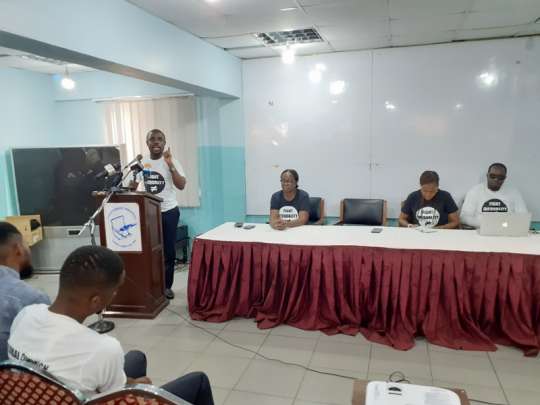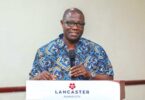Government has been called upon to enact policies to curb inequalities in all spheres and ensure more inclusive labour markets.
The call made by the Ghana Civil Society Organisations Platform on the Sustainable Development Goals (SDGs) believes that, the policies must aim at curbing all forms of discrimination as well publicise any incidents of rape and sexual harassment at work place as well ensure equal pay for equal work for all.
Speaking at a press conference in Accra to mark the Global Week of Action on Inequality, Mr George Osei Akoto Bimpeh, the Spokesperson for the Platform appealed to authorities to put in place skills development in the informal sector to maximize the human resources.
The Week is recognised annually by development practitioners across the globe from January 18 to 25, 2020.The Sustainable Development Goal-10 enjoined countries across the globe to reduce inequality in all forms.
However, inequality within and among nations continue to be a concern even though efforts at reducing the disparities of opportunity, income and power were being made.
Inequality had become a global issue and countries cannot achieve equitable and sustainable development if the needed systems were not put in place.
A research study on inequality in 2018 by Oxfam, SEND Ghana and Ghana Anti-Corruption Coalition established that one of the richest men in Ghana earns more in a month than one of the poorest women could earn in 1,000 years, he acknowledged.
Indicating, Oxford International and Development International Finance Index Report in 2019 revealed that Ghana and other West African governments were the least committed to reducing inequalities in Africa.
Meanwhile, Mr Bimpeh said the commitment to reducing Inequality Index for West Africa charged African governments to take steps to reduce the gap between the rich and the poor through sustained proactive policies.
Therefore called on government to allocate a minimum of 20 per cent of budgets to boost free universal public quality education with special focus on improving access to high-quality primary and secondary education.
On inequality taxation, Mr Bimpeh urged government to increase tax revenues by collecting more from those who have more in order to better fund basic social services.
The Platform urged government to pay special attention to increasing tax compliance by high net worth individuals and improve the capacity of national revenue authorities to fight illicit financial flows.
“Statistics in 2016 showed that 22 per cent of global income was received by the top one per cent compared with 10 per cent of income for the bottom 50 per cent”, the platform asserted.
On his part, Mr Alex Bankole, a member of the Ghana Disability Federation, appealed to government to include persons with disability in policy formulation since they were mostly left behind in accessing social interventions.
Stressing that, most infrastructure for education, health and social centres are not friendly to persons with disability and called on the authorities to be proactive in addressing their plight for inclusive development.
Source: www.the new independent online.com/ Ishmael Barfi/ senghana@gmail.com








